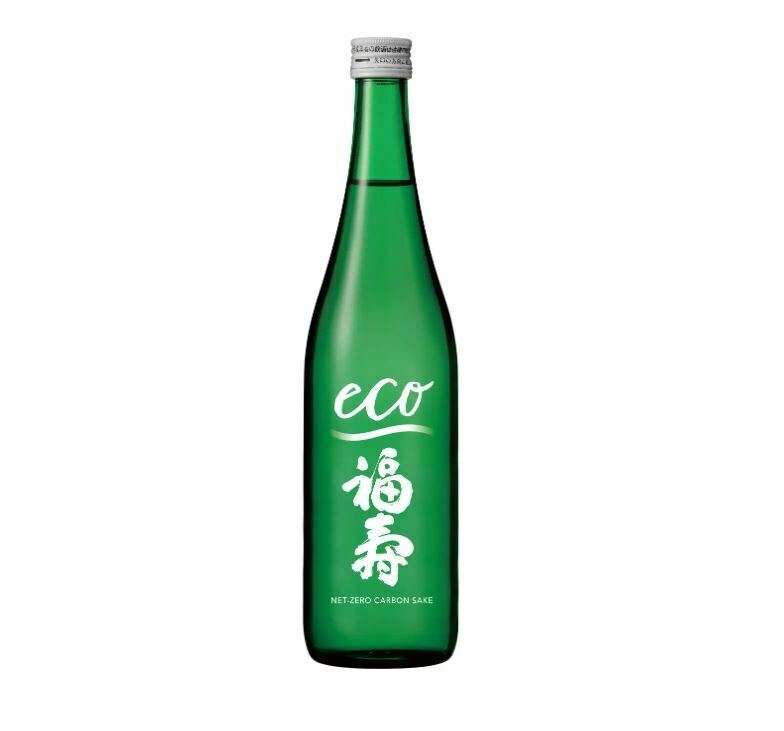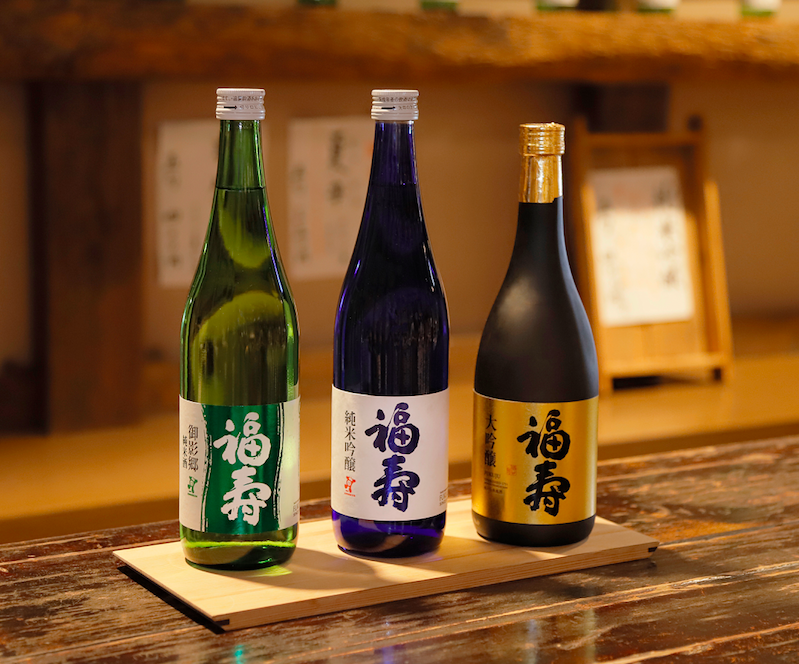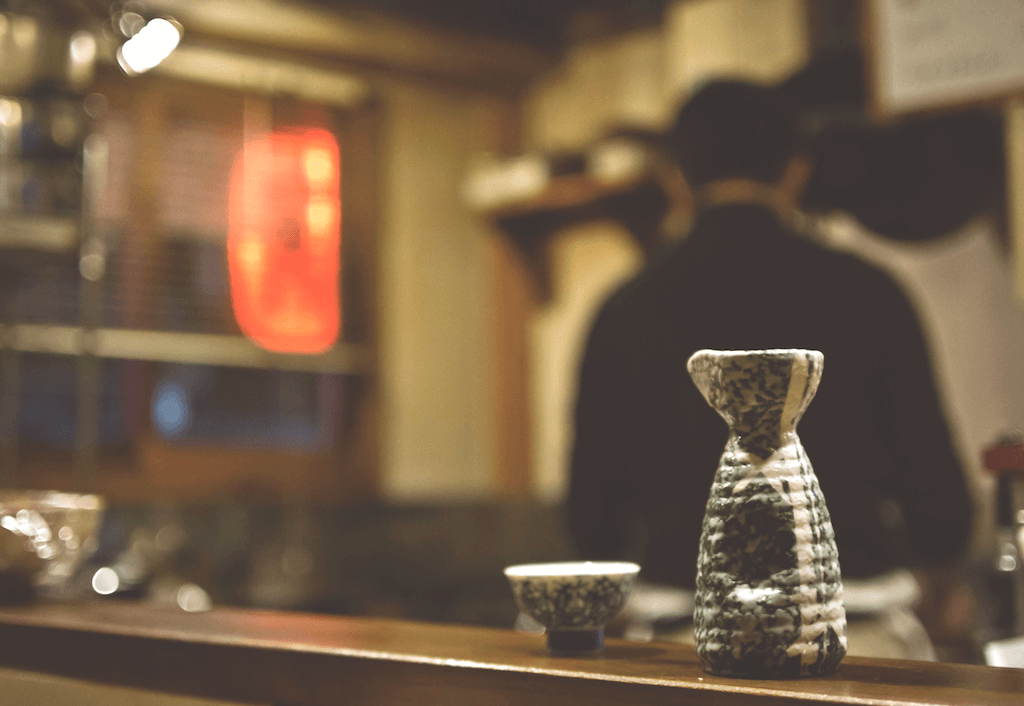Coming to a sushi bar near you soon, Kobe Shushinkan’s Fukuju Junmaishu Eco Zero is the world’s first carbon-emissions-free sake.
Sake, known as nihonshu in Japan, is a popular alcohol made with rice, yeast, and water. It is a sushi dinner staple around the world. And while it’s relatively low-impact to begin with, the distillers at the Kobe Shushinkan are aiming to make Fukuju sake more sustainable.
It’s the latest in a string of alcohol companies working to decrease their carbon footprints—a move that’s being led by celebrity-backed brands including Dos Hombres Mezcal and 818 Tequila. The former is founded by Breaking Bad stars Bryan Cranston and Aaron Paul, and the latter was founded by Kendall Jenner.
“The survival and expansion of sake breweries are vital for an understanding of Japan’s history, traditions, and culture,” Fukuju Brewery’s president and representative director Takenosuke Yasufuku, said in an interview last year. “But at the same time, they can be seen as a foundation for higher development of future culture.”
The award-winning brewery, which has been making sake since the mid-1700s, says it has produced the world’s first sake that’s completely carbon neutral. According to the company, one of the ways it achieved carbon neutrality is by milling rice only to 80 percent.
Going carbon neutral
“By milling less of the rice grains, less power is used and as a result the sake has a more complex and earthy taste than the highly fruity flavors of sake made from heavily milled rice like daiginjo,” the company says. It also eliminated a stage in the process called shubo, which means “sake mother.” It’s a mass of steamed rice used to create the yeast. The brewery is using dried yeast instead, which it says reducing the need for steaming, thus reducing its carbon emissions.
The distillery also switched up its energy sources, using renewable electricity and liquified natural gas in the brewing process, as well as switching to LED lighting across the brewery. And its bottles are sustainably made without labels. Instead, the company uses a lead-free ink, which is applied directly to the bottles.

“Eco Zero is only the first step in Kobe Shushinkan’s Sustainable Journey initiative,” the company says. It’s aiming for emission-free brewing by 2030 across all of its products. It says it expects all aspects of its supply chain to be carbon neutral as well by 2050.
The Eco Zero sake is part of Fukuju’s larger sustainability roadmap. The company says sake brewing is deeply connected to water and land, making it more vital to protect the planet from the impact of climate change.
“In addition, we have been able to greatly reduce our impact for those brewing processes where production efficiency is greatly affected by the experience and instincts of craftsmen, such as temperature and moisture management, through the use of our unique Tarai-koji method (innovative koji production method that utilizes small tubs), the implementation of the latest IoT based remote temperature monitoring system, and other control technology. We have improved our working environment from a tough one with a lot of night shifts to one where people can work easily and efficiently,” Yasufuku said.
Perfecting tradition
“In the traditional industry of sake, the work of people, the experience and skills of veterans, will always be important. However, we are also highly regarded thanks to the implementation of the IoT system and the establishment of advanced production processes that increase the efficiency of energy consumption,” Yasufuku said. Fukuju’s aim is “to continue to give back to the community based on local production, local consumption, through work that respects both nature and people”.

Fukuju Brewery has also partnered with the NGO Peace & Nature to help restore abandoned rice fields in the Ozo district of Kobe’s Kita Ward. Reviving paddy fields also supports the region’s bamboo forests, which supports the health of the regional ecosystem. It’s also working with novel tech, including a fertilizer made from “recycled phosphorus” that’s extracted from sewage.
“[I]t is necessary to balance environmental value (reducing environmental impact) with business value (increasing sales, reducing costs)” in order to future proof the business, says Yasufuku.
“Specifically, we need to engage in actions to prevent global warming, increase production, preserve water, reuse sake lees, recycle bottles, take care of biodiversity, and deal with hazardous substances or environmentally damaging substances,” he says. “By carrying this out, we shall expand our energy-saving and recycling activities, which should help us reduce both our environmental impact and our costs.
“Our sake production has a long history dating back 270 years, with traditions and techniques being passed down. The people involved in sake production have played a major role in this history,” Yasufuku said. “Our sake production is both traditional yet continues to change as we seek the very best.”
Check out the Ethos guide to sustainable craft beer.


